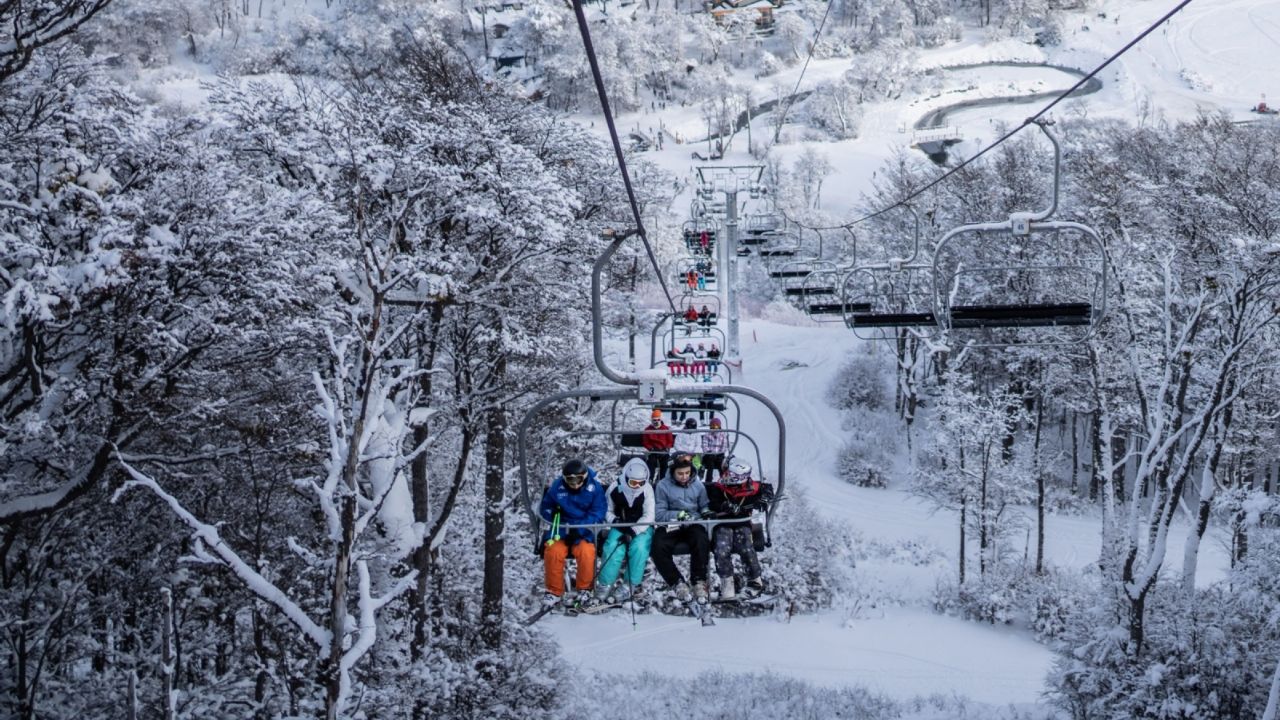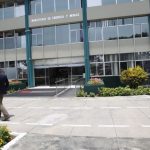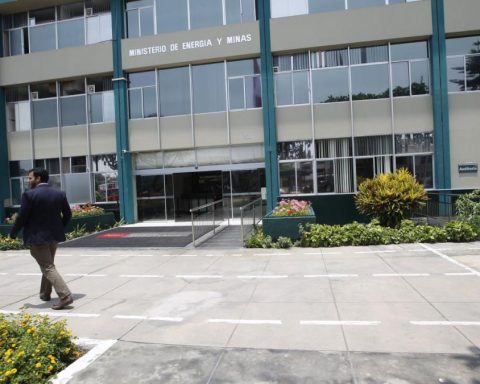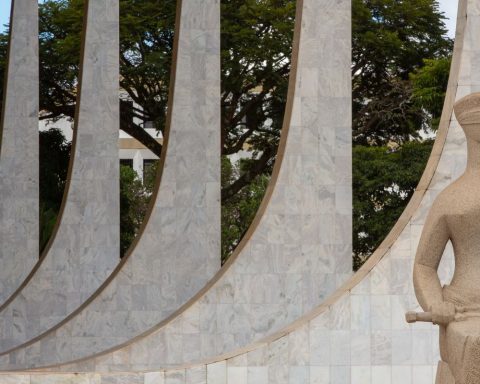This extra long weekend was very positive for tourism, which, in turn, contributes to the economic reactivation of the country, since, according to data from the CAME (Argentine Confederation of Medium Enterprises), there was a record of tourists.
According to the survey carried out by the entity In more than 1,000 cities in the 24 provinces, including the Autonomous City of Buenos Aires, 2,300,000 tourists and 2,100,000 hikers were registered, according to the CAME.
In this sense, Gregorio Werchow, Secretary of Tourism of the CAME held that “the tourist mobility of the last long weekend generated a spill in the regional economies and in the interior of the country”.
In dialogue with Telam Radio, the official assured that the tourist movement, in turn, generated “an economic impact of $55,000 million” for the country, which is highly positive.
Thanks to this, this last holiday weekend becomes one of the most important in tourism and economic matters, since, on average, the daily expenditure of travelers was $6,500.
The agency also detailed that, on this occasion, there was greater growth for the sector, in relation to June 2019, because the weekend covered four days and, at that time, only three.

This meant that “148.1% more tourists were mobilized, 94.2% more hikers, while the average stay increased 32% and daily spending rose 386.9%”, as detailed.
Snow activities were the most desired during the holidays
The organism assured that the great attraction during the weekend were the ski centers, since most tourists chose the mountains as their main destination to enjoy this type of activity.

In this sense, Patagonia, Cuyo and Bariloche were some of the busiest places, with a hotel occupancy of more than 90% during the four days of rest.


















